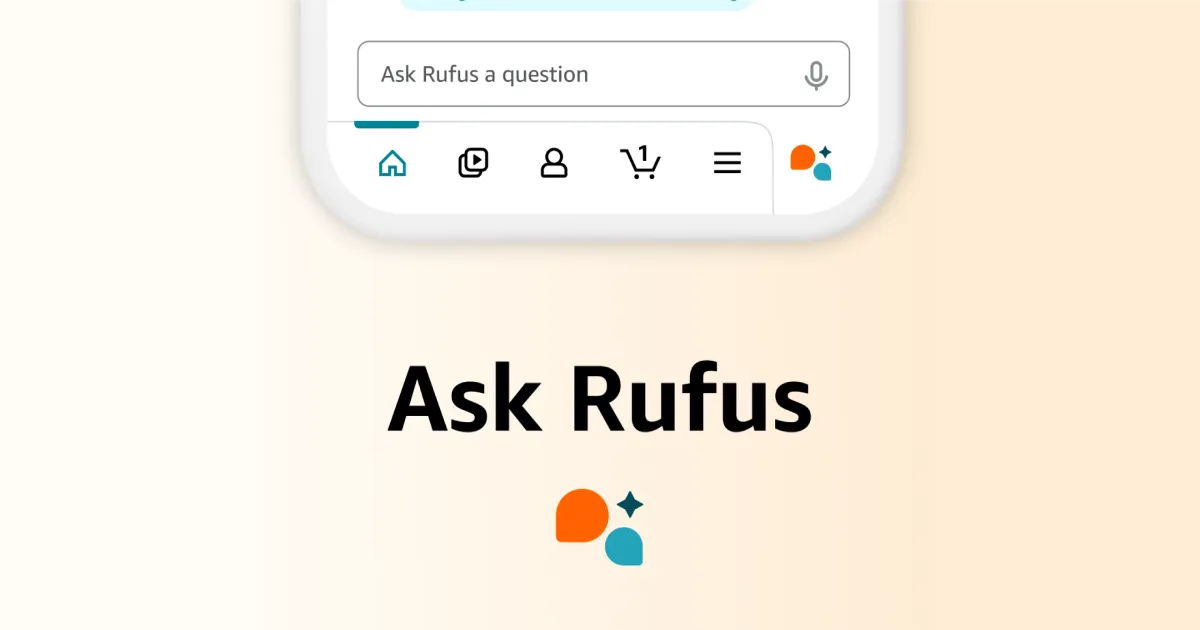Amazon inks AI content deals with Hearst and Condé Nast

Amazon has secured new multi-year licensing agreements with media giants Hearst and Condé Nast, granting its AI shopping assistant, Rufus, access to a wide array of premium editorial content. As reported by Digiday, this partnership allows Amazon's AI to draw from the vast archives of influential publications such as Cosmopolitan, GQ, Vogue, and The New Yorker, among others.
A spokesperson from Hearst confirmed that the agreement gives Amazon broad access to its portfolio of magazines and newspapers. Condé Nast similarly confirmed the deal, though the specific financial and operational terms of these partnerships have not been publicly disclosed.
Rufus, Amazon’s AI-powered chatbot, is designed to help customers make informed purchasing decisions. It answers product-related queries and offers shopping advice, leveraging Amazon’s vast product catalog, customer reviews, and web data. By incorporating content from Hearst and Condé Nast, Rufus gains access to lifestyle and commerce-focused editorial material that aligns closely with consumer interests in fashion, beauty, gadgets, and home goods — categories where both publishers have long been trusted voices.
These latest deals reflect a growing trend of media companies licensing their content libraries to tech giants hungry for high-quality training data for AI systems. For Condé Nast, this partnership marks its second major AI licensing agreement in recent years, following a 2024 deal with OpenAI to integrate its publications into ChatGPT.
Amazon's recent agreements also include a licensing deal with The New York Times, even as the newspaper pursues legal action against Microsoft and OpenAI over alleged copyright violations. This illustrates the complex and sometimes contradictory relationship between content creators and AI developers: publishers seek to protect their intellectual property and secure fair compensation, while technology companies race to acquire the content necessary to train increasingly sophisticated AI tools.
The broader industry context has seen similarly high-profile cases, such as Disney and Universal taking legal action against image-generation company Midjourney, and Reddit entering into a licensing deal to monetize its community discussions for AI training purposes.
These deals underscore the evolving power dynamics between legacy media and tech, as both sides navigate an AI-driven future. While publishers gain new revenue streams from licensing their content, they also face tough questions about control, copyright, and the future of journalism and content creation in an AI-dominated digital economy.





